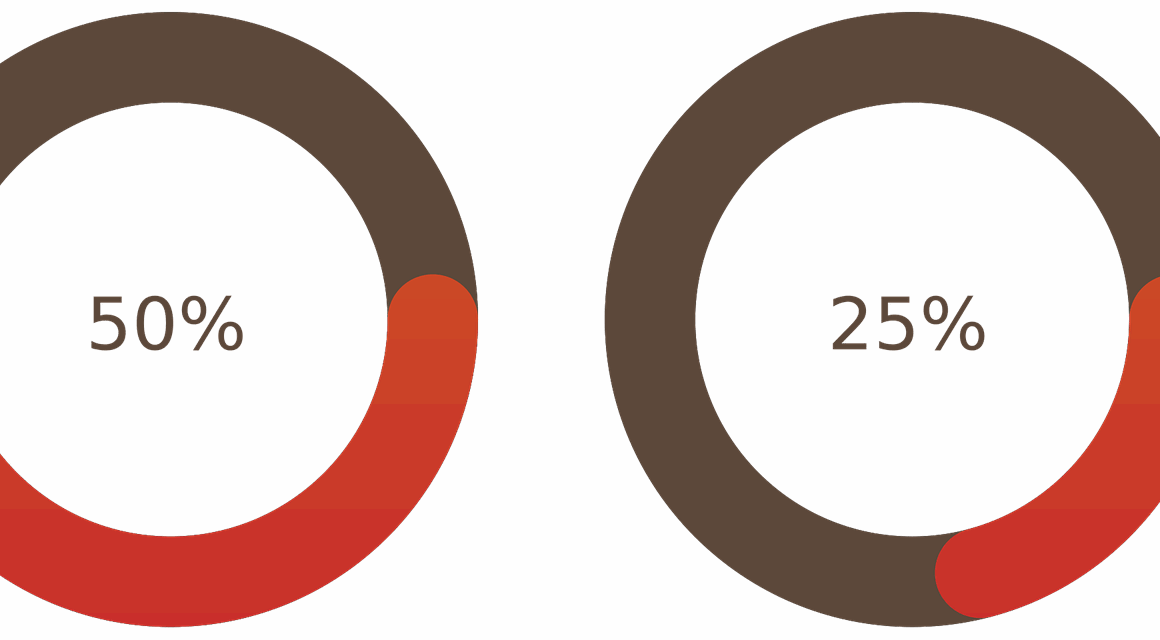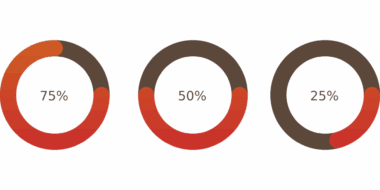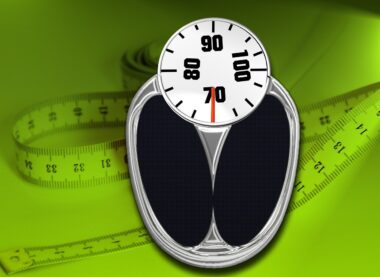How Accurate Are Exercise Tracking Apps for Calorie Burn and Weight Loss?
In today’s world, fitness tracking apps have become essential tools for those focusing on weight loss and fitness management. These applications typically offer features to monitor calorie intake, exercises, and general health metrics. Users often rely on these apps to both motivate and guide them towards achieving their fitness and weight loss goals. However, questions arise about their accuracy, especially in calorie counting and exercise tracking. Many of these apps utilize inputs like user weight, age, and activity levels to generate estimates. While this personalized aspect can enhance accuracy, it also relies heavily on user honesty when logging food and exercise.
The accuracy of calories burned during exercise is generally calculated using METs (Metabolic Equivalent of Task). Different exercises correspond to various MET values, allowing users to estimate calories burned based on duration and effort level. Nevertheless, errors often occur when users either overestimate or underestimate their effort during workouts. Additionally, individual physiological differences, including metabolism and muscle mass, can significantly affect these calculations. Some fitness apps attempt to overcome these limitations by integrating heart rate monitoring, providing a more personalized readout of calorie expenditure. Still, discrepancies remain regarding accuracy across different demographics.
Research indicates that exercise tracking apps often underestimate calorie burn, especially during high-intensity workouts. This leads to potential overcompensation in dietary choices, hindering weight loss progress. A study found that many apps reported calorie burns ranging from 20% to 50% lower than actual values, causing users to question the utility of these tools. On the other hand, inaccuracies in calorie tracking also occur through food logging. With various restaurant options and homemade meals, users may struggle to log precisely. Misleading serving sizes can lead to excessive calorie intake, counteracting workout efforts.
Comparative Analysis of Top Apps
When comparing the accuracy of different apps, it’s crucial to consider which ones have the strongest reputations for reliable data. Popular applications like MyFitnessPal, Lose It!, and Fitbit often provide varying levels of accuracy through user-generated data and gym collaborations. Each app has its unique features that can either enhance or impair accurate tracking. For instance, MyFitnessPal allows a vast database of foods, while Fitbit utilizes integrated heart rate devices to provide feedback. Users should consider their personal fitness levels and commitment when selecting an app, as some offer more detailed analysis than others.
Another essential feature in exercise tracking apps is ongoing data feedback that can enhance user motivation. Personal dashboards that summarize weekly or monthly activities provide users an overview of their achievements and progress. This continuous engagement can lead to behavioral changes, aiding in sustained weight loss efforts. However, the reliance on these applications should not replace professional advice. Integrating insights from nutritionists or fitness trainers can offer a more rounded approach to health management. Therefore, users need to find a balance between app use and professional guidance.
Moreover, the role of community support within these apps influences user adherence and long-term success. Many apps provide platforms for users to share successes and challenges, promoting a sense of accountability. Group features facilitate real-time support, enhancing motivation. This aspect assists users in staying committed to their routines, which is critical for successful weight loss. However, one must be cautious about the information shared within these communities. Ensuring privacy and maintaining positive interactions can significantly contribute to a healthier approach to sharing progress.
Future of Fitness Apps
The future of exercise tracking apps may incorporate more advanced technology, such as AI and machine learning, to enhance their accuracy. Innovations in wearable fitness technology will likely lead to better data analytics and personalization. In addition, advancements in nutrition science may lead to increased accuracy in food logging, allowing users to track more effectively. These enhancements may help refine calorie-burning estimates and suggest tailored workout regimens. As these tools evolve, thorough testing and validation will be crucial in ensuring that they truly assist users in their weight loss journeys.
In conclusion, exercise tracking apps serve as valuable aids in the journey toward weight loss and health management. They provide benefits in monitoring calories and motivating users to stay active. However, users should remain aware of their limitations. Being education-driven and critically engaging with these tools can lead to a more effective approach to achieving personal health goals. Ultimately, finding the right balance between technology and personal insight is essential in navigating the weight loss landscape successfully. With careful use, these applications can guide users toward their health ambitions.





